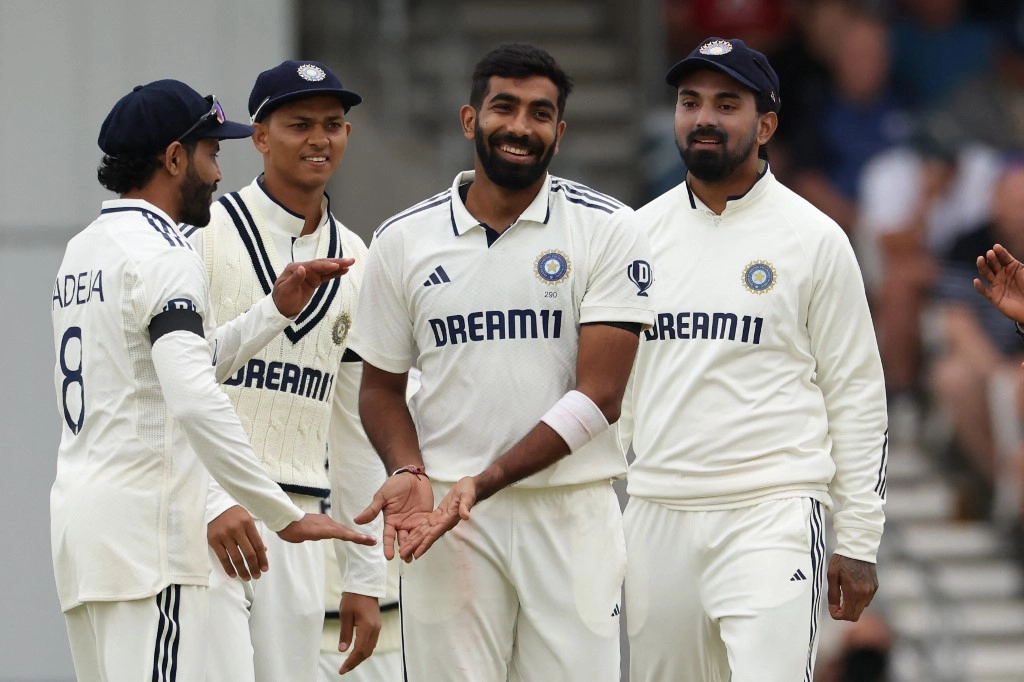In a recent interview, former Indian cricket team coach Ravi Shastri addressed the pressing question of whether cricketing legends Rohit Sharma and Virat Kohli would participate in the 2027 World Cup. Both players have been cornerstones of Indian cricket for over a decade, contributing significantly to the team’s success across formats. As the cricketing world looks ahead to future tournaments, the speculation surrounding their involvement has gained traction, especially considering their age and the physical demands of modern-day cricket.
Shastri, known for his candid and straightforward communication style, provided a blunt yet insightful response. He emphasized that predicting the future in sports is fraught with uncertainty, especially given the unpredictable nature of athletic performance and fitness levels. He noted that while both players have shown remarkable resilience and skill on the field, the decision to continue playing at the international level would ultimately depend on their form, fitness, and personal desire to compete. This acknowledgment of the athletes’ agency highlights the reality that even the most celebrated players must eventually confront the end of their careers.
The discussion also reflects a broader conversation about the evolution of cricket and the emergence of new talents. As the 2027 World Cup approaches, fans and analysts alike are keen to see how the Indian team will adapt and evolve. The potential retirement of stalwarts like Sharma and Kohli could pave the way for younger players to step into the limelight. Shastri’s perspective encourages the cricketing community to balance nostalgia for past glories with an openness to new possibilities, acknowledging that every generation has its stars.
Ultimately, while the future of Rohit Sharma and Virat Kohli in international cricket remains uncertain, their contributions to the sport will certainly be remembered. As cricket continues to evolve, the legacy of these two icons will inspire future generations of players. The conversation surrounding their potential participation in the 2027 World Cup serves as a reminder of the transient nature of sports and the ever-changing landscape of talent, competition, and opportunity.




